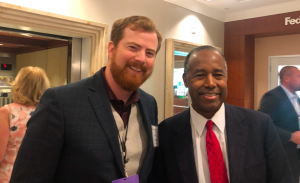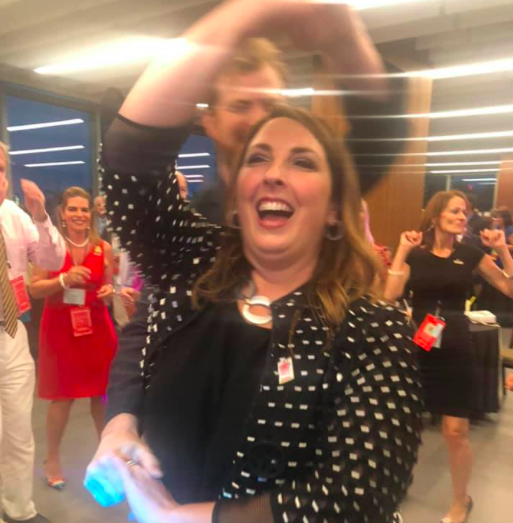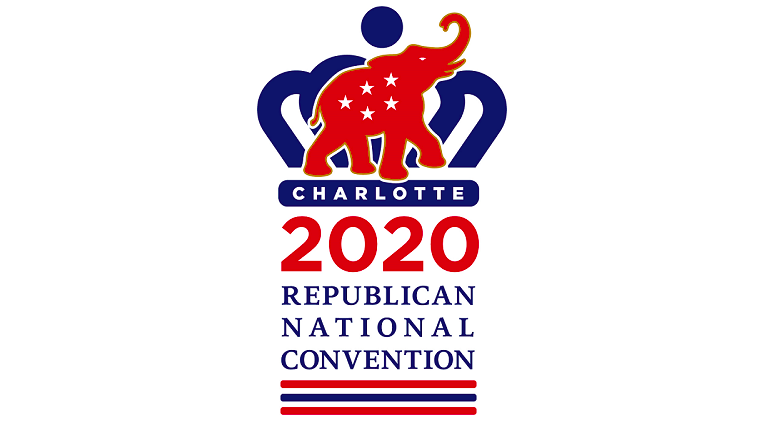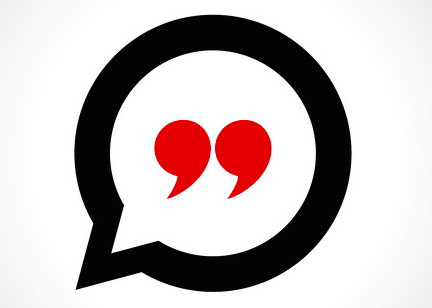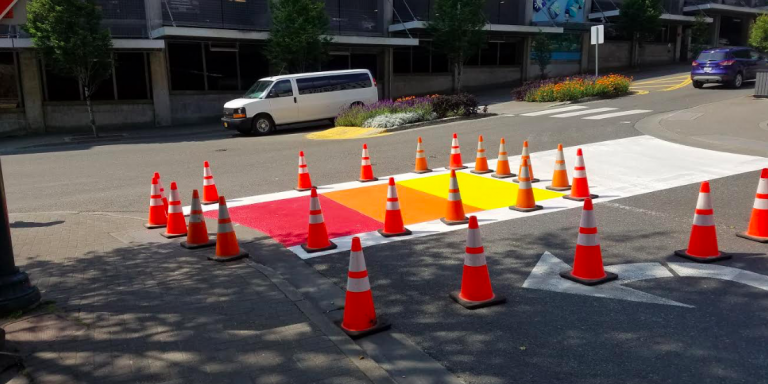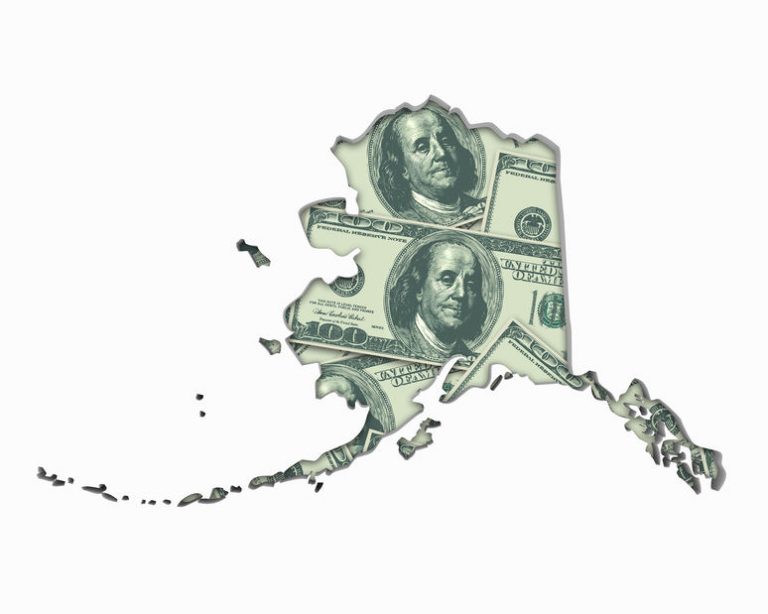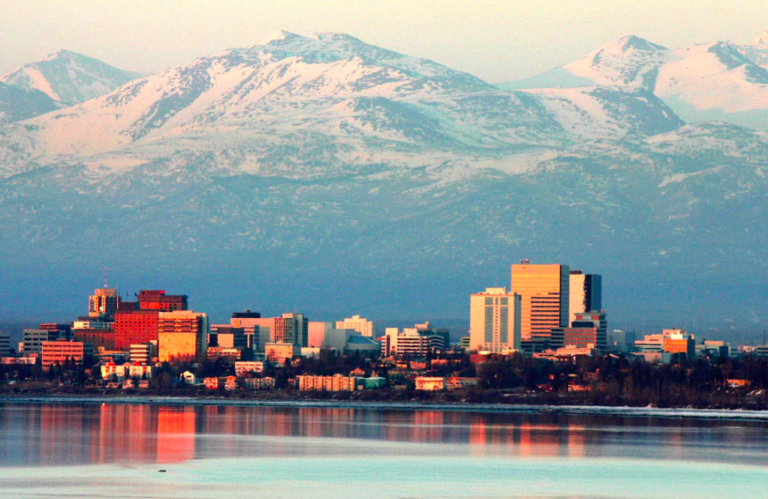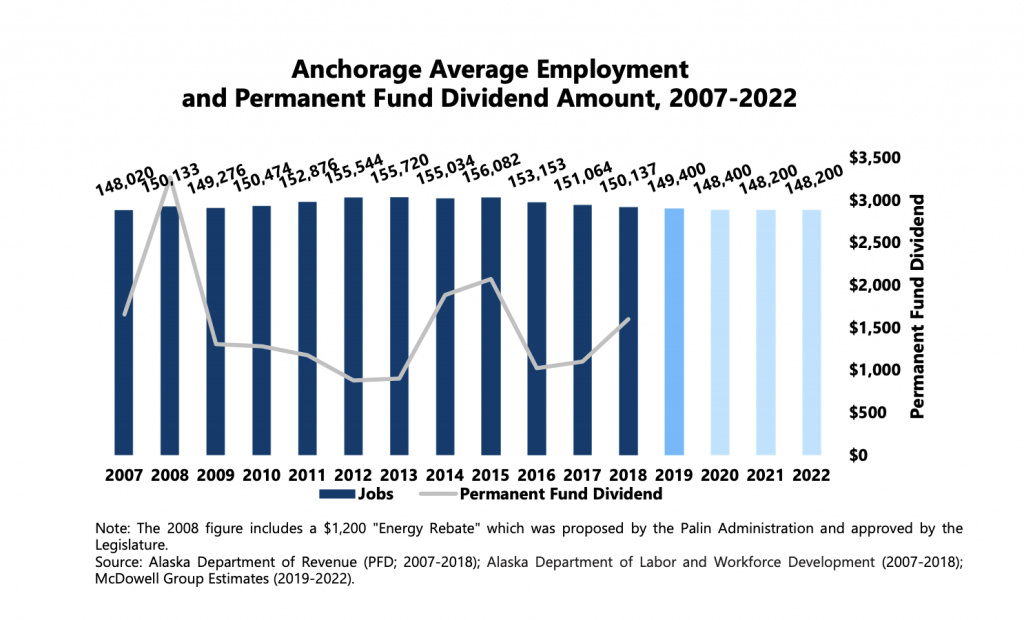By ART CHANCE
Thursday is Aug. 1. That is when the Inland Boatmen’s Union employees lose their health insurance for August.
The State pays two weeks behind, so the IBU members have one more paycheck or partial paycheck coming to them. Unless the governor and commissioner of Labor get a “stupid attack,” the strikers aren’t eligible for unemployment insurance, and the union has a minimal, if any, strike fund.
In a week or so, this gets really serious: The tourist season for independent travelers that might use the ferry is over. The only part of the Marine Highway that ever breaks even is the mainline runs and Northern Southeast in summer; that’s gone. From September until May, the ferry system runs mostly empty vessels and hemorrhages money.
Without the ferries, the people of Coastal Alaska and Kodiak will find a way. Without subsidized competition from the State, private shippers may enter the market, though I doubt they’ll try to enter the passenger market, except maybe in summer or for some special events: Southeast Alaska State Fair, Gold Medal Tournament, and Celebration come to mind.
I saw a whiney story in the Juneau Empire about the homesteading community of Gustavus not having any freight service other than the ferry, but the ferry serving Gustavus is a new thing, dating back to Gov. Frank Murkowski. Gustavus got along fine without ferries before.
It should be remembered that vast areas of Alaska, an area much larger that the ferry service area, have no transportation options other than air travel, skiffs, fishing boats, and summer-only barge service; they get by. There will be additional expense and some inconvenience, but the citizenry will adapt.
At this point there is no reason to give the IBU anything to get them back to work. They’ve wrecked the summer season with an illegal strike. The State should have filed an unfair labor practice against them, got a decision, and then sued the IBU for damages. The State obviously listened to its lawyers. If you listen to State lawyers, you will never do anything remotely aggressive; they’d prefer that you just never do anything.
The State Labor Relations Agency always avoided lawyers on its staff and avoided having any more contact with the State’s lawyers than absolutely necessary; all they did was make things cost more and take longer. When I was there, I broke down and changed the minimum qualification for the journeyman level labor relations staff to allow qualification with a law degree simply because the schools had become so dumbed down that it pretty much took a law degree to get anything like logical analysis and a decently written English paragraph.
It was always a problem with the marine unions that they had a very limited professional staff presence in Alaska. The Masters, Mates, and Pilots never had any Alaska staff or even an Alaska office; that’s technically illegal but nobody much cared; there are only about 100 of them. The IBU had offices in Juneau and Ketchikan, but they were staffed by people from the rank and file, not labor relations professionals. The Engineers had an office in Juneau and Greg O’Claray was their rep for many years.
O’Claray was a skillful political manipulator. I feared him on Election Day, but not in a hearing or negotiation. All of them used lawyers for any advocacy and called in staff from Outside when any big deal was going on. Generally that Outside staff had a lot of ego and a very little knowledge of Alaska or the situation.
I don’t think blue state union representatives have changed since I retired and I knew them pretty well. When AFSCME first took over the General Government Unit, they sent national staff out to deal with the rubes in Alaska. I’ll confess to being a bit intimidated at first. We were accustomed to dealing with local independent associations and a few old-fashioned trade unions. We had an adversarial relationship with them, but it was generally collegial. We could pound the table and call each other names all day and adjourn to the bar and critique each other’s performance. The blue state union reps were used to the charade that is collective bargaining in the blue states.
Generally the union owns the government and anything that looks like an adversarial situation is really just a charade to make it look like the government is putting up some resistance to giving the union whatever it wants.
Even though the State spent 20 hours with a federal mediator and the IBU’s California reps this weekend, I’ll guarantee you those union reps were casting about trying to find that certain someone in State government that they could pay off and get a deal.
In my last years with the State I had to have several sidebars with labor arbitrators to tell them that we weren’t running the usual Left Coast charade in which the arbitrator tossed the employer a few crumbs to brag about and gave the union everything it wanted. I had to tell them that it really was an adversarial proceeding and we wanted an actual, legal decision, and if the arbitrator gave the union what it was asking for they’d get it when I ran out of courts to appeal the arbitrator’s decision to – and I did appeal decisions to the courts and get them reversed.
It doesn’t take much of that to make arbitrators behave. Blue state labor relations is hopelessly corrupt and when you bring reps in from those blue states, they expect to find the same corruption.
The State erred in this negotiation by allowing them to reach impasse in the face of illegal proposals on the table. The State erred by not filing an Unfair Labor Practice complaint over those illegal proposals and the illegal strike. I think it is foolish to go to mediation because mediation is an impasse resolution tool under AS 23.40.200(a)(2) and there can be no valid impasse with an Unfair Labor Practice in play. Further, mediation is the factual predicate to seeking an injunction to return the union to work.
I never thought the State could prove a threat to public safety from a ferry strike, but you never know what an ambitious Superior Court judge might think. I know I wouldn’t let it go to Court in Juneau or Ketchikan.
In sum, the people will adapt. The union and the media will do a charade of starving babies and mommies dying of cancer because they can’t get to the doctor, but it will all be a charade. The IBU should be sued for damages and should spend a long, cold, hungry winter out of work. I don’t know if the MM&P would condescend to handle lines, but it would be good if the vessels could be moved to Ketchikan and laid up there. The licensed employees not necessary to maintain the ships in layup should be laid off. They’ll complain, but the State should win, and all the employees have to do is sign up at the hall and they’ll have work somewhere. If anybody cares whether there is a ferry system next spring, maybe the State will have something to talk to the IBU about.
Art Chance is a retired Director of Labor Relations for the State of Alaska, formerly of Juneau and now living in Anchorage. He is the author of the book, “Red on Blue, Establishing a Republican Governance,” available at Amazon.

